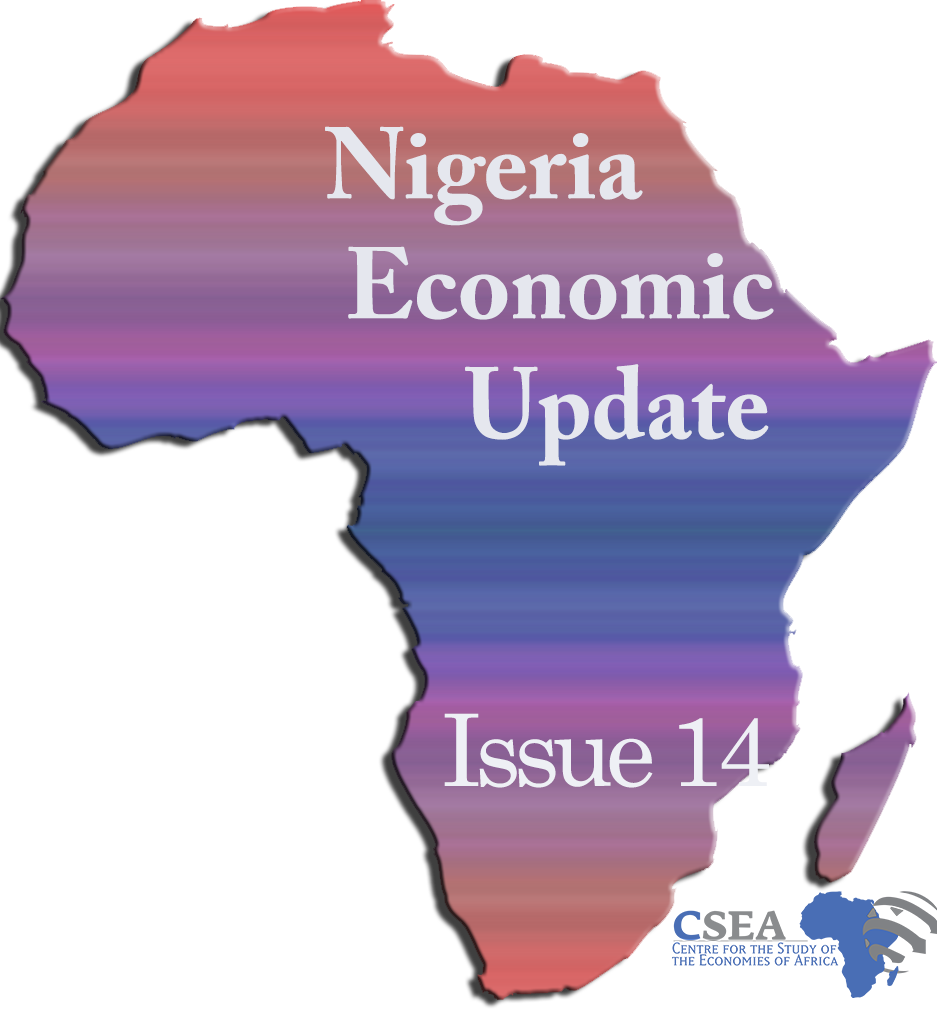
Data from the Central Bank of Nigeria shows that as of April 8, 2022, external reserves were $39.66 billion.1 This indicates an increase of about $122 million from $39.54 billion recorded on April 1, 2022, but still lower than $39.79 billion recorded on March 8, 2022, and $40.5 billion at the commencement of the year. External reserves are used to settle external obligations, import payments, and manage the exchange rate. The relative improvements in the external reserves are partly due to the recent $200 billion in foreign exchange repatriation (RT200FX) policy of the CBN and the hike in crude oil prices. For a country with an average monthly import bill of $4.3 billion in 2021, the current external reserves cover about 9.1 months of import bills, which puts pressure on the domestic currency. The government needs to sustain existing non-oil export promotion strategies and payments through the official channels to improve export earnings, and external reserves. Furthermore, improvement in business environments through reliable electricity would help reduce the cost of production and make Nigerian products price competitive in the global market.
